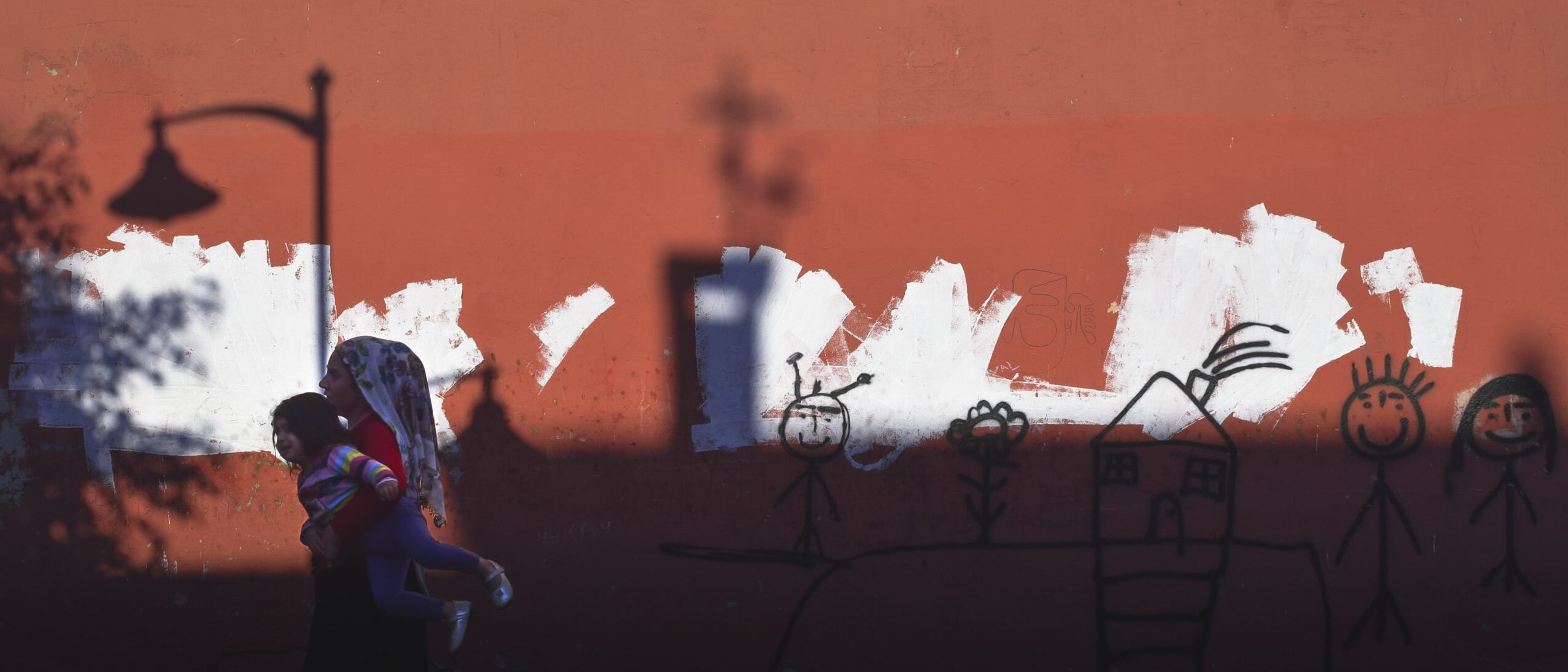When racism meets humanitarian action: on Europe’s humanitarian response to Ukraine crisis
Samrad Ghane
Samrad Ghane is a former refugee, and works as a clinical psychologist, researcher and the director of the clinical psychology residency program at Parnassia Psychiatric Institute in the Netherlands.
On this World Refugee day, it is impossible not to reflect on the war atrocities in Ukraine and the ongoing humanitarian response within the European continent. The Russian invasion, now entering its fifth month, has had a devastating impact on lives and livelihood of Ukrainians, forcing an unprecedented number of refugees to flee their country. According to the UNHCR, more than 5 million individuals are now recorded as refugees across Europe. But numbers alone cannot fully capture that magnitude of suffering that these refugees experience. Behind every single number, there is a human story, a shattered dream, a sense of grief and a fear of what may yet to come. Even for the rest of us, lucky enough not to be directly affected by this war, the images of children inside shelters, the bomb-shelled buildings and families desperate to flee their country, are not easily forgotten.
Selective solidarity
There is a cruel honesty in war. It shatters our illusion of safety, and exposes hidden social processes, such as discrimination and inequality. As for the war in Ukraine, it painfully manifests Europe’s double standard when it comes to refugees’ right to protection. The EU’s generous humanitarian response in the days following the Russian invasion was initially heart-warming. Refugees from Ukraine received full assistance to flee to one of the neighboring counties. Governments and organizations sent supplies of food and medicine. Private European citizens offered their own homes, and in many occasions travelled to a border crossing to bring Ukrainian refugees to safety. For others, free public transport was available to a safe destination in Europe.
However, it became almost immediately apparent that the same solidarity could not be extended to other refugees. After all, we still remember the Moria camp in Lesbos where some 20,000 refugees were settled in what the Human Rights Watch called an open-air prison. Among them were some 7,000 children, all desperate to seek asylum in a safe country. We also cannot forget about the 14-year-old Kurdish boy who froze to death at a closed border-crossing with Poland in November 2021. Only three months later, that same country opened its borders entirely to Ukrainian refugees. This selective compassion became apparent once more, as border authorities reportedly pushed back African and Middle Eastern residents of Ukraine, but allowed safe passage to white Ukrainian citizens. Now five months into this crisis, resettled Ukrainian refugees have far greater access to social benefits, including work permit and financial support, than asylum seekers from elsewhere. Why is that? As Europe praises itself and its citizens for their humanity, we as humanitarians need to pose the uncomfortable questions: can real humanity be extended selectively to a specific group of people? Should we still call that humanity? Or is Europe’s selective solidarity towards Ukrainian refugees a form of racism in disguise?
For the record, favoring a specific group of people, at the expense of other dehumanized groups is the text-book definition of racist practice.
Public response to Europe’s double standard
The response to this double standard has been quite mixed, ranging from indifference to outrage. Among these, there are two trends that may be considered as detrimental to true humanitarian action.
First, some attempt to normalize the double standard, using social and psychological theory. To be fair, Europe’s bias towards Ukrainian refugees is fully explicable from a scientific standpoint. People may indeed have an automatic tendency to favor others who are similar to themselves, in terms of culture, religion, and appearance. Similarly, it may be quite easy to dehumanize others who are (historically) viewed as the outgroup. In addition, the war in Ukraine confronts us with the fragility of peace in an otherwise stable continent. The existential fear that it produces may be a prime motive to offer assistance to refugees from Ukraine. Finally, the fact that Russia is, and historically has been a common adversary makes it all too easy to identify more with Ukrainian refugees. However, regardless of how valid these arguments may appear, understanding the root causes of Europe’s double standard does not make it morally justified. Racism is always an explainable social and psychological phenomenon, and yet it remains morally reprehensible at all times.
The second harmful response to the double standard is losing compassion for the Ukrainian refugees. For many minoritized groups and their allies, Europe’s favoritism towards Ukrainians is a painful reminder of the systemic racism they have been encountering all along. It reaffirms for many their status in European societies as second-rank citizens, whose human rights matter less than those of white Europeans. Disappointment, sadness and anger are, thus, understandable responses to Europe’s racist refugee policies. However, we should bear in mind that inhumanity and injustice can be extremely contagious. When experiencing inequality, it becomes very easy to direct one’s anger towards the group that seemingly benefit from that inequality, to resent them and to lose sympathy with their predicaments. And there, at that point, that is where we start losing our own humanity. So, to those, pained by racism and hypocrisy, I would like to say: do not lose your compassion for Ukrainian refugees, because the idea that one group of people are less worthy of our empathy and protection is the very evil we need to unite against.
To conclude, I would like to echo the UNHCR’s theme of this year’s World Refugee Day, the equal right to seek safety, meaning “whoever, wherever, and whenever, everyone has the right to seek safety”. It may seem rather ambitious, given the current state of affairs. And that is why it will take everyone’s effort to make it a reality.

